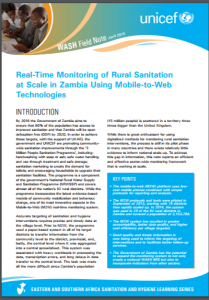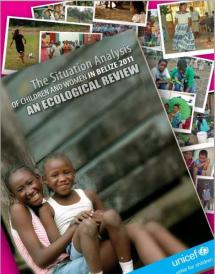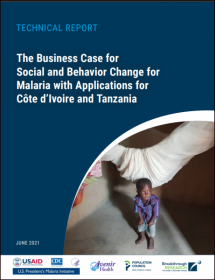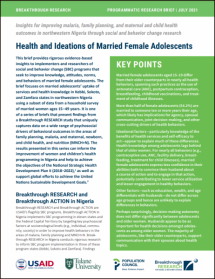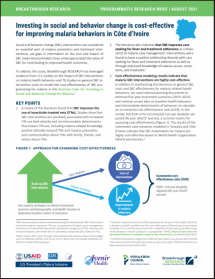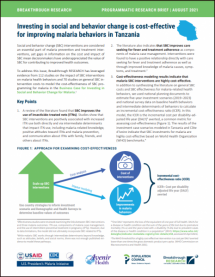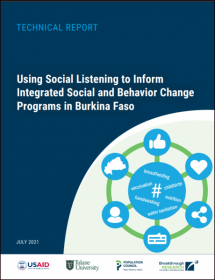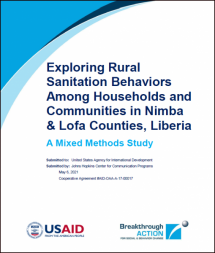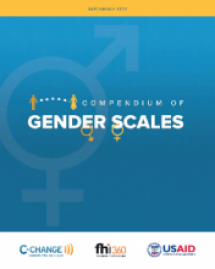Real-Time Monitoring of Rural Sanitation at Scale in Zambia Using Mobile-to-Web Technologies
This brief describes an innovative Mobile-to-Web (M2W) real-time monitoring system used in Zambia in 2013-2014.
The effective rollout of M2W in rural Zambia has demonstrated how a mobile system combined with simple protocols for reporting and analysis has the potential for nation-wide monitoring of open, defecation-free (ODF) water supplies. The M2W system was developed in 2013 for monitoring rural sanitation and hygiene by UNICEF and its technical partner Akros, under the lead of the Ministry of Local Government and Housing of Zambia. The system utilizes the Short Message Service (SMS) text delivery system found on most basic mobile phones and is coded using the open source District Health Information Software 2 (DHIS 2). This is a free, open-source software originally designed for health applications, but is currently being used in 40 countries under various sectors, from water management to agriculture and forestry.
The M2W system demonstrated how a mobile system combined with simple protocols for reporting and analysis has the potential for nationwide monitoring of ODF.
Source: UNICEF
Date of Publication: September 30, 2021
SIMILIAR RESOURCES
Tools
Examples
- The Future of Real-Time Information
- WASH FIT / WASH FIT Mobile
- Using Data to Design an Evidence-based Social and Behavior Change Program in Rural Nepal
- Real-Time Activity Monitoring and Reporting
- Promoting Quality Malaria Medicines Through SBCC: An Implementation Kit
- Behavior-Centered Approaches to Improve Health Outcomes
- Small Doable Actions: A Feasible Approach to Behavior Change
- Understanding Barriers to Quality of Care
- COVID-19 Hygiene Hub
- Real-Time Rumor Tracking for COVID-19: System Design and Implementation Guide

